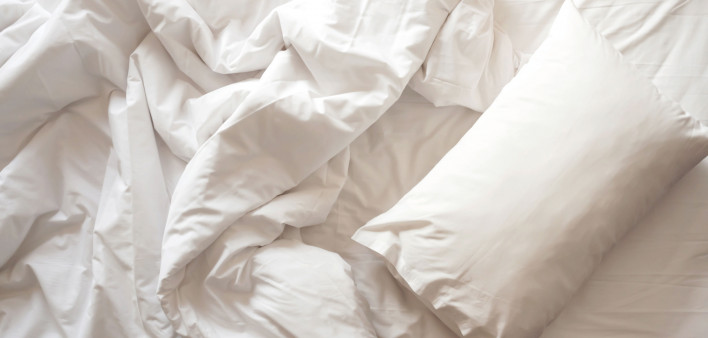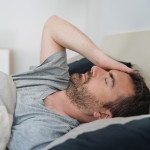Tossing and turning, staring at the ceiling, mind running. Insomnia is all too common among people living with HIV. But if you have it, new data published in Open Forum Infectious Diseases suggest you might not be getting the medical care you deserve.
The study gathered data from 357 people with HIV in the United Kingdom and Ireland. Most were white gay men. When the researchers looked at sleep apnea, insomnia and restless leg syndrome among people over 50 with and without HIV as well as a group of HIV-positive people younger than 50, a worrying trend stood out.
One in five older people with HIV and 23% of younger HIV-positive people met the criteria for insomnia, compared with just 5% of older participants without HIV—a fourfold increased risk. And fewer than one third of HIV-positive people with insomnia reported receiving treatment for it, although treatment was more common among younger people.
Antiretroviral therapy may account for some of the insomnia: 15% of those over 50 and 18% of those under 50 were taking efavirenz (sold alone as Sustiva and part of the Atripla combination pill), which is known to have neurological side effects, including anxiety and sleep problems.
What’s more, insomnia was associated with worse physical and mental outcomes among people with HIV—regardless of age—compared with HIV-negative people. That includes more severe sleep disturbances and sleep-related impairment.
“People with HIV are at substantially increased risk for insomnia compared to HIV-negative controls, and that prevalence of insomnia is not related to aging,” wrote the study authors.







Comments
Comments